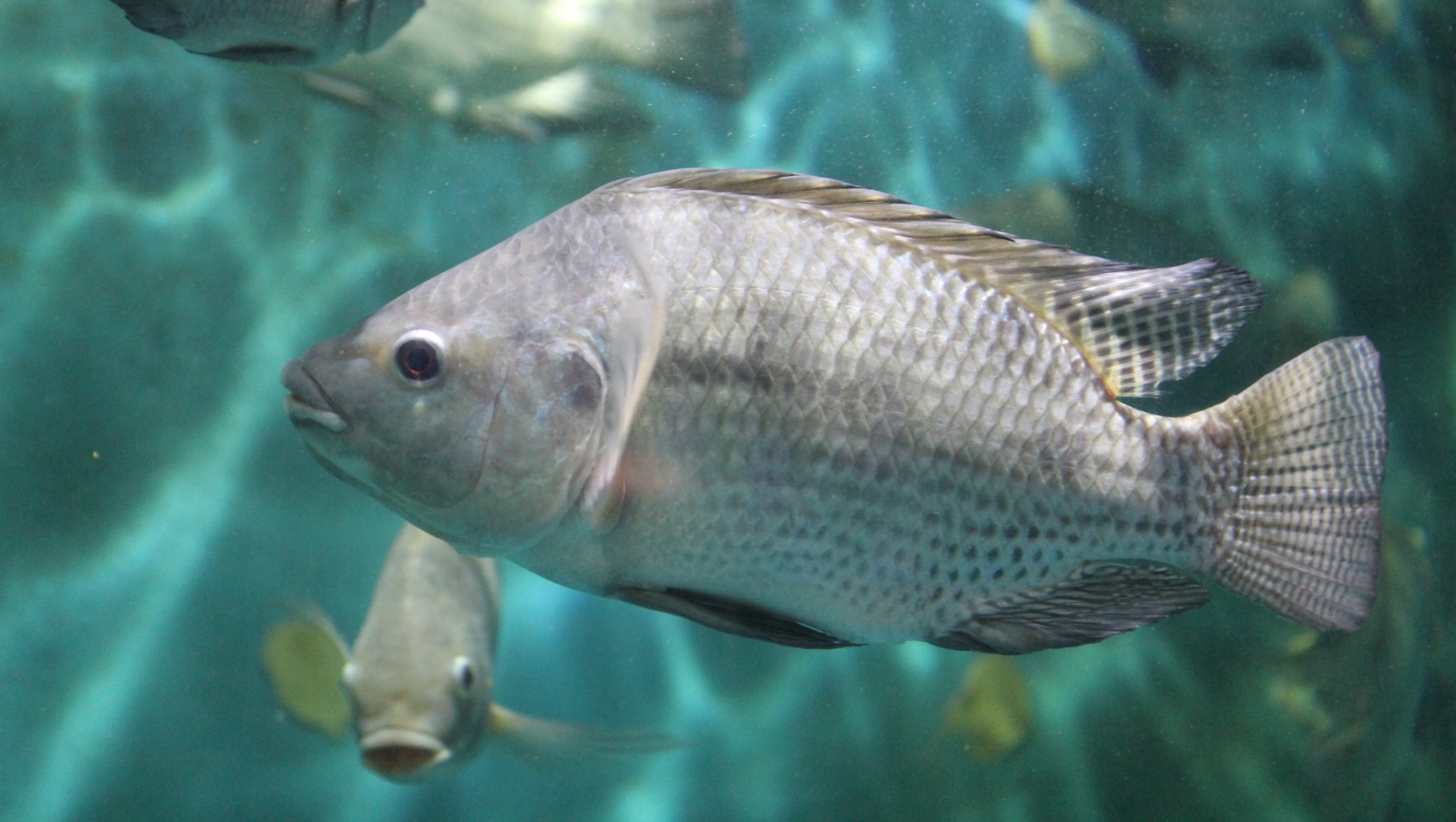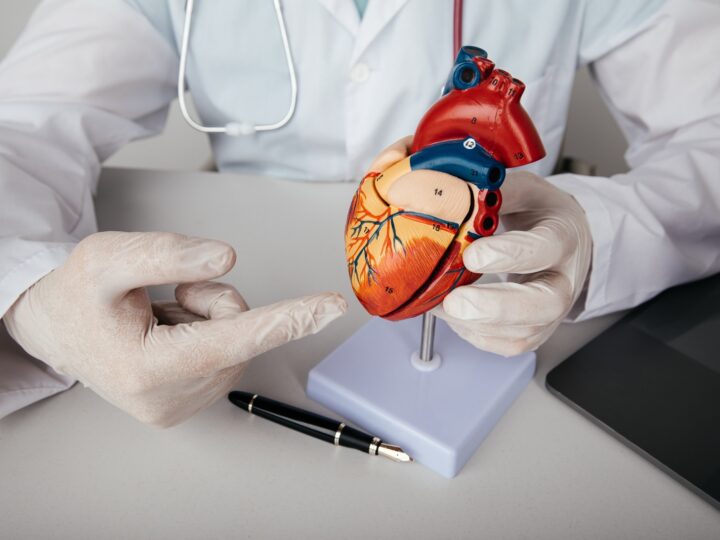When an animal evolves, so do the microbes in its gut, a new study by researchers at Ben-Gurion University of the Negev shows.
Associate professor of microbial ecogenomics Itzhak Mizrahi and BGU postdoctoral research fellow Fotini Kokou were trying to figure out how the tropical blue tilapia adapts to colder waters.
They discovered that not only do the genes of the fish change to better prepare it for frigid temperatures, so do the microbes the fish carries within its belly.
During exposure to cold, these microbes switch off cell processes that expend energy and turn on processes that beef up the organism’s stress and defense response.
“Our study shows that the genetic background of the host and its tolerance to temperature-induced stress determines the response of the gut microbiome to temperature,” says Mizrachi. “Our findings are consistent with the emerging hologenome concept.”
A “hologenome” refers to the idea that a living organism should be considered in the context of its community. The host organism, plus all of the microbes that live with it, cope together with changing environments, and host-microbe interactions play an important role in the fitness of the host.
The researchers are helping to prove that the old adage “it takes a village” applies even to individual fish in the sea.
“Microbes and their hosts work together in a survival of the fittest as part of the natural selection process,” Mizrachi said.
The blue tilapia is normally very sensitive to the cold, but the fish is now being bred with increased cold tolerance at the Volcani Center-Agricultural Research Organization at Beit Dagan, some of whose researchers also participated in the study.
The paper was published in eLife, a peer-reviewed journal out of Cambridge, England.

















